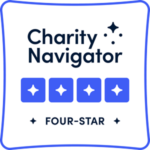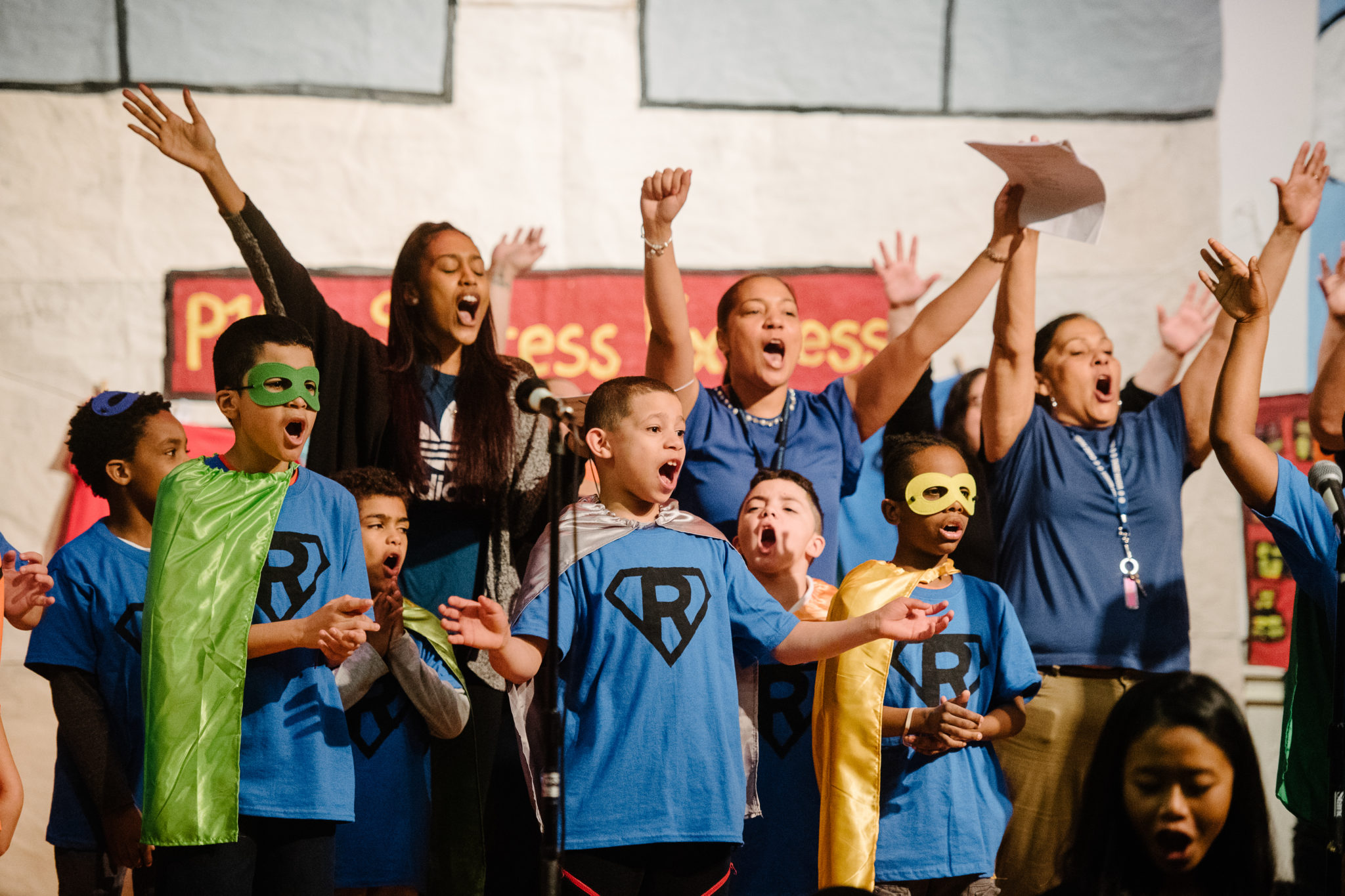
For many children, the arts are a lifeline: an opportunity to experience success—especially for those with special challenges—and to demonstrate discipline, creativity and talent. ArtsConnection works with special needs classes in the majority of our over 125 partner schools across the 5 boroughs. In addition, we provide services to District 75 schools, the NYC Department of Education district for students with significant cognitive, emotional and/or sensory impairment.
One example of a focused ArtsConnection special needs program in a District 75 multi-site school, P94M—The Spectrum School, has achieved extraordinary success in increasing the students’ communication, social, and cognitive skills and laid the groundwork for expansion to other of the District’s schools. P94 serves pre-kindergarten through high school students diagnosed with autism, intellectual disabilities and emotional disturbances across 8 sites. Our specially designed model theatre program, Spectrum Musical Theater (Spectrum), serves children on the autism spectrum in all of P94’s sites in an active learning environment that supports emotional, social, and academic learning. Spectrum is built on principles grounded in research on teaching and nurturing children with disabilities, and on the NYC Department of Education’s practices for the arts set forth in the system-wide frameworks—the Blueprints for Teaching and Learning in the Arts, as well as aligned with the Next Generation (formerly Common Core) Learning Standards. The program is sequential, designed to serve youngsters and support their growth across both academic and affective learning throughout their education.
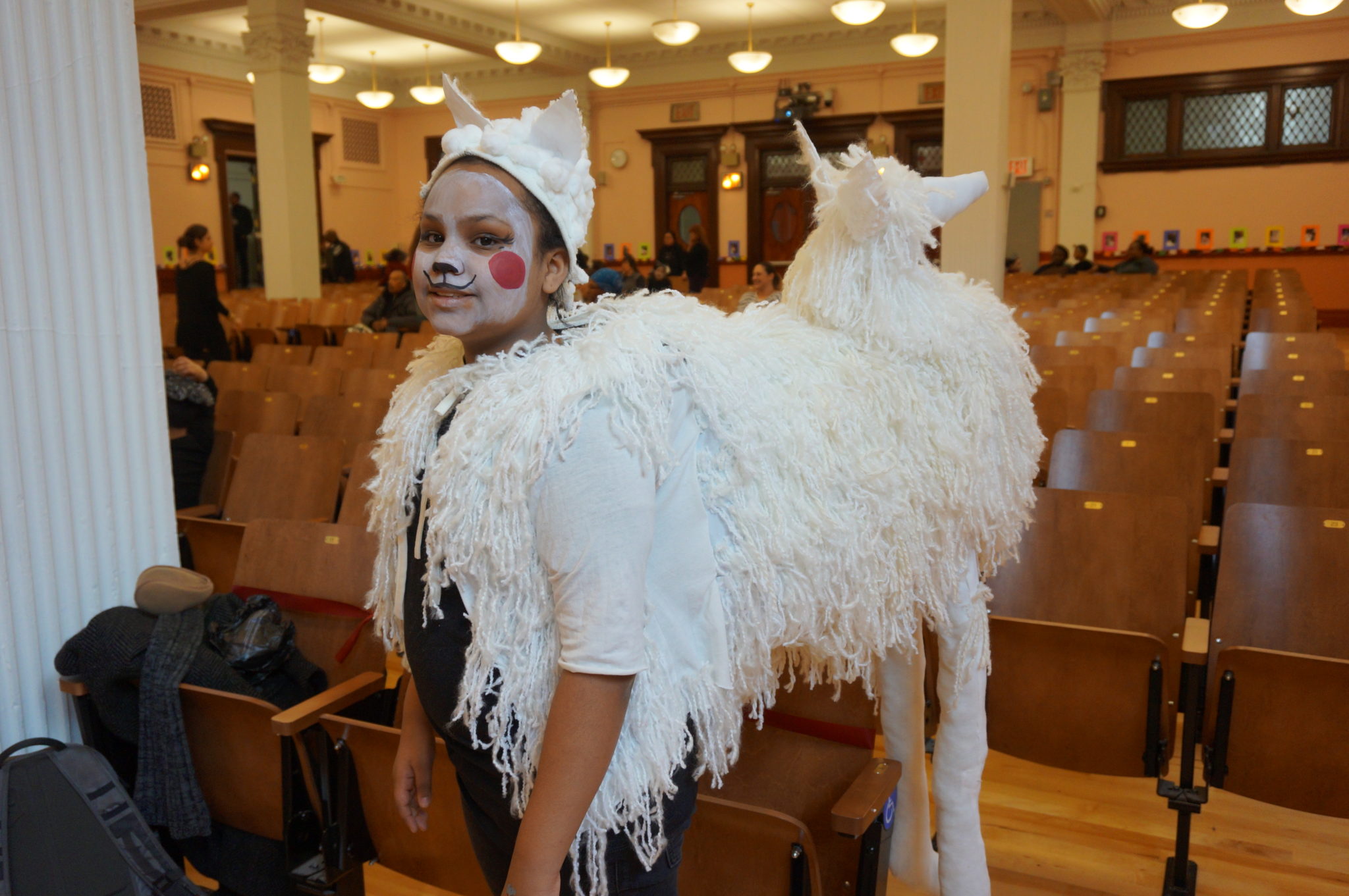
Each student involved in the program receives musical theater instruction that builds in complexity. Early elementary sites (K through grade 2) receive 20 sessions of arts instruction and work on vocal skills (projection, quality, and enunciation), movement and communication of ideas, expression and emotions, learning songs from the musical theater canon, which are then choreographed into short presentations. Upper elementary, middle school and high school sites receive 40 sessions of arts instruction working towards a fully scripted Broadway Jr. KIDS or Broadway Jr. production or create their own original show, often with themes based on the personal challenge of living with autism (middle and high schools). Classes create ensembles—learning to work cooperatively, follow instructions, and understand character motivation and emotion. Children who could not communicate began establishing eye contact, speaking directly to one another, and reaching out to help a classmate who forgot a line or a movement onstage. The program helps them academically, from understanding the narrative arc of a song or story, enhancing reading skills through learning lines and lyrics, to counting tempo and sequence in music and choreography. The outcomes astonished their teachers and given their parents a new awareness of their children’s capabilities as they watch them perform.
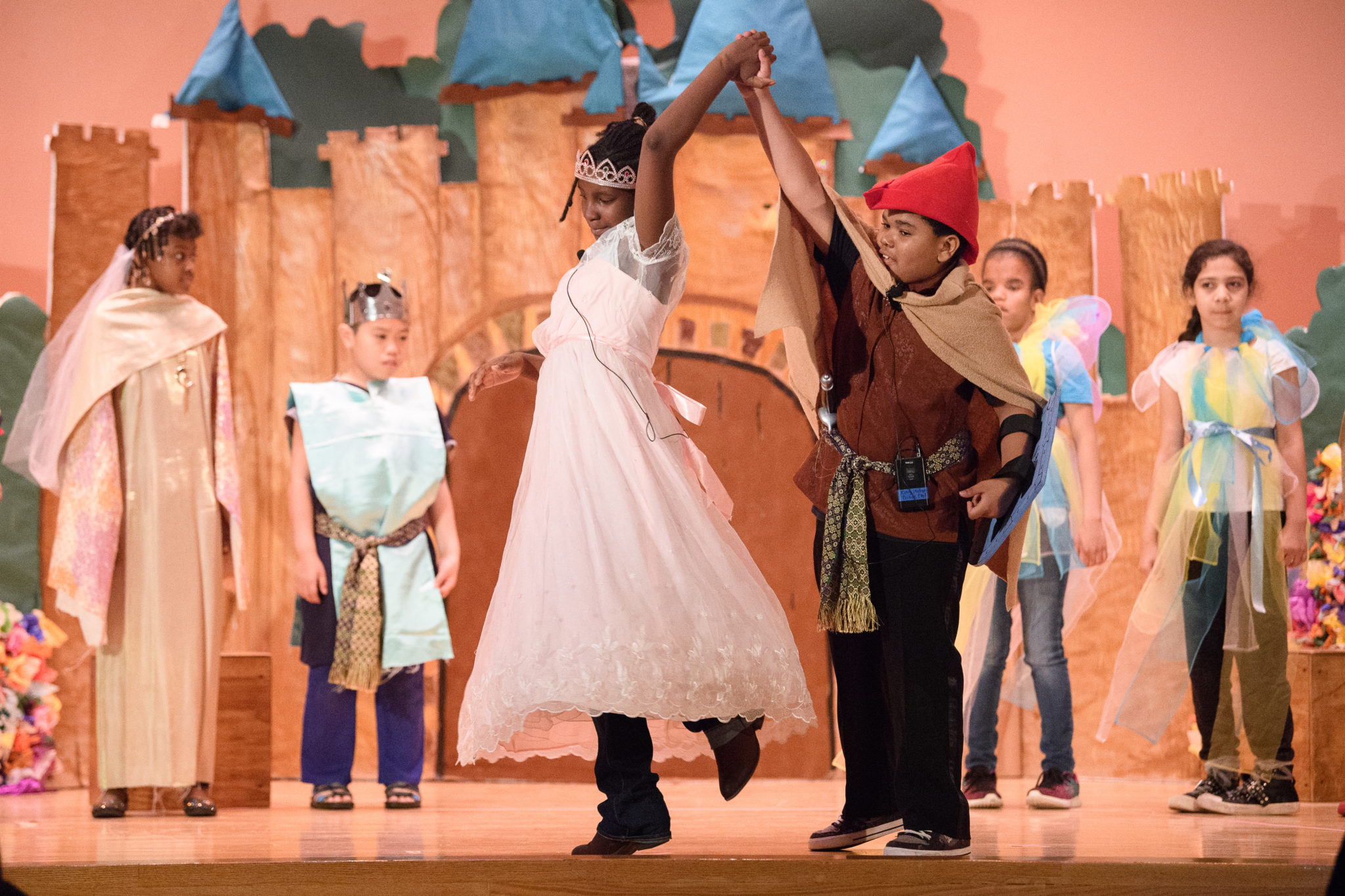
Based on the significant success of this program, two years ago we partnered with P94 to create a new course of study for P94’s high school students. Exploring Careers in Theater introduces students to different professional areas of theater from front-of-house to props, from costumes, stage managing and house managing to technical crew. Students end the semester with a mock job fair that includes interviews with theater and other professionals.
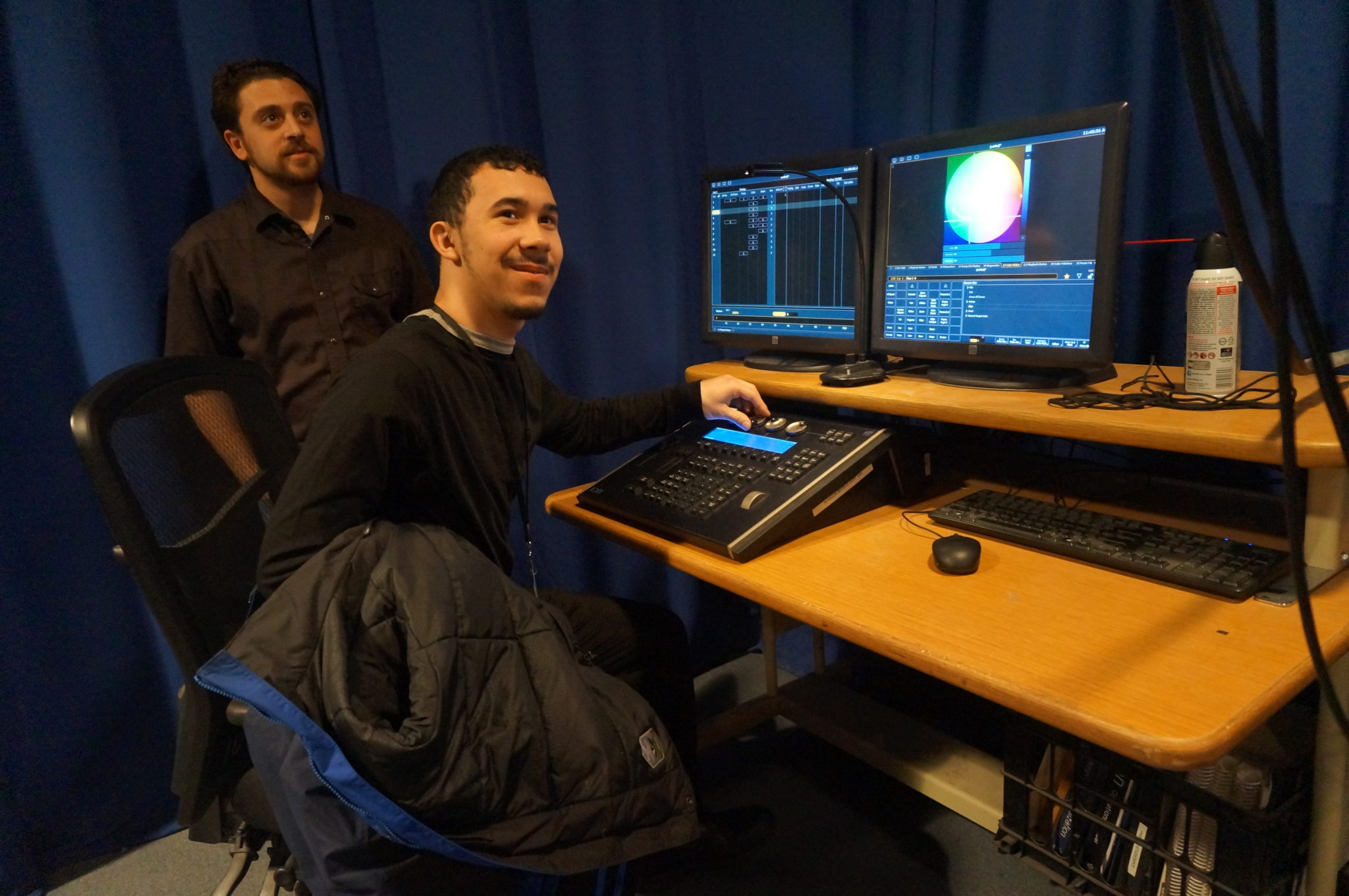
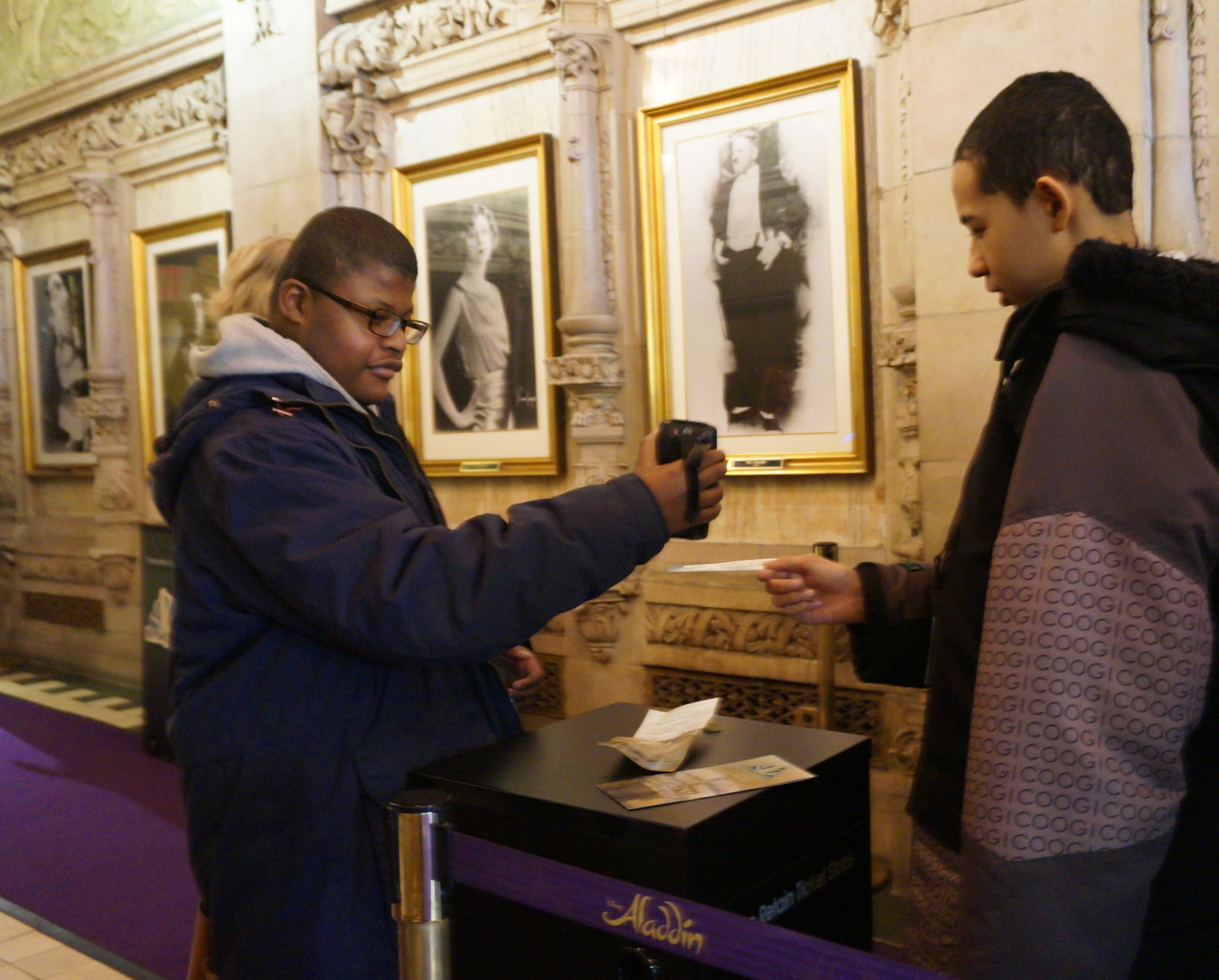
A recently completed study by a consortium of universities of the program shows that program participants improved their ability to read social cues, to take perspective and to imitate, a skill critical to the development of social competency that is deeply difficult to enhance. Spectrum has proven that it has the means to change how special education schools use the performing arts as a way of reaching and nurturing their students over time in a sequential format which allows students to build skills throughout their education.


